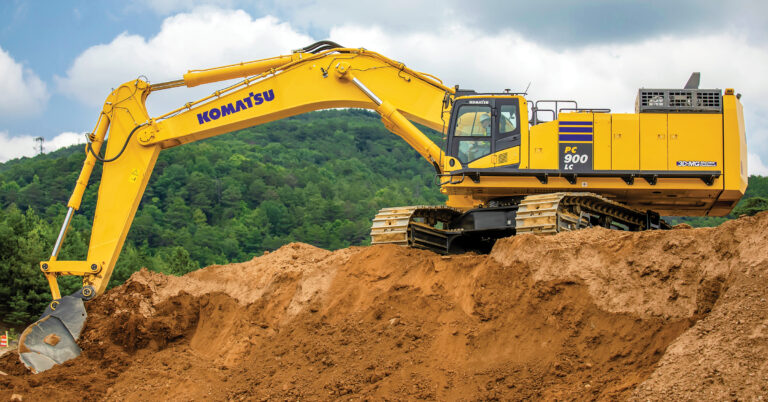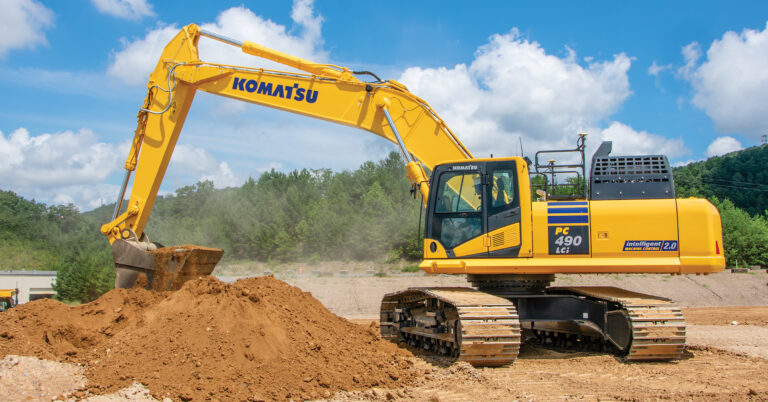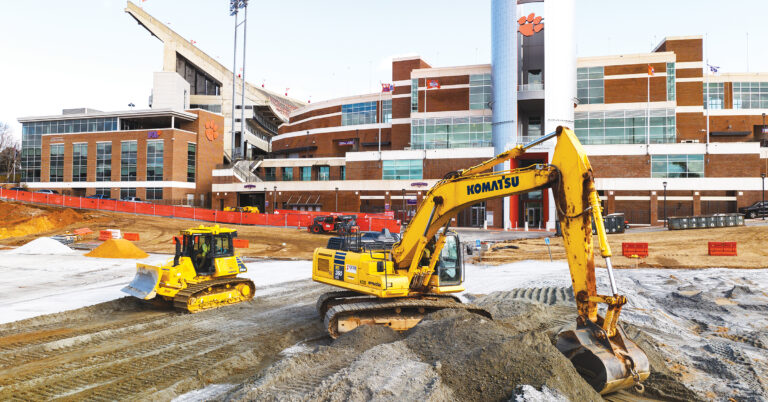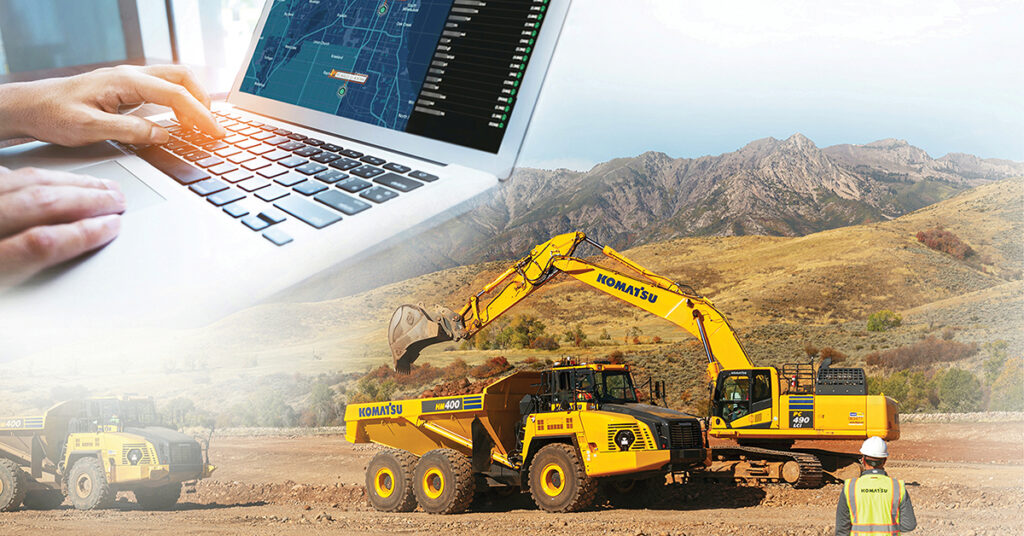
Starting a new construction project? Ask these 5 questions first
All construction projects have unique considerations, but there are several common questions you can ask yourself that will help you plan, execute and learn with each one. Here are five important questions to think about when working on a new project.
1. Do I have all the data I need to put together an estimate and bid the job?
Having a set of plans doesn’t always tell the whole story. To set yourself up for success, it’s critical to have a thorough understanding of what the job site looks like before you ever think about submitting a final bid. Site owners, developers and general contractors will often have a walk-through prior to the bid date. Attend the walk-through meeting so you can see the actual conditions and elevations and determine if there are items on-site that are not on the blueprints or documents. Those will need to be addressed and considered as part of your bid.
A site visit gives you a chance to ask questions as well. If there is something at the site that is not listed on the plans — such as a small pile of concrete — you can determine who is responsible for its removal or if it should somehow be incorporated into the sitework. There will be a cost, whether you are hauling it off-site or repurposing it, but the difference in your final estimate could be significant.
2. Are the machines I have really the best ones for this job?
Think about this question before you put the blade or bucket into the ground. Using the proper machinery for a job is important. It doesn’t make sense to bring a tight tail swing excavator to a wide-open job site where mass amounts of material need to be moved quickly. Conversely, a standard excavator is not practical for confined spaces, such as digging against a building or in a lane of traffic.
Improperly equipping the project leads to frustration, lack of productivity and probably decreased profits. If you don’t have what’s needed for a particular aspect, consider renting. This allows you to get the job done without a long-term commitment to machinery you only need for a short amount of time.
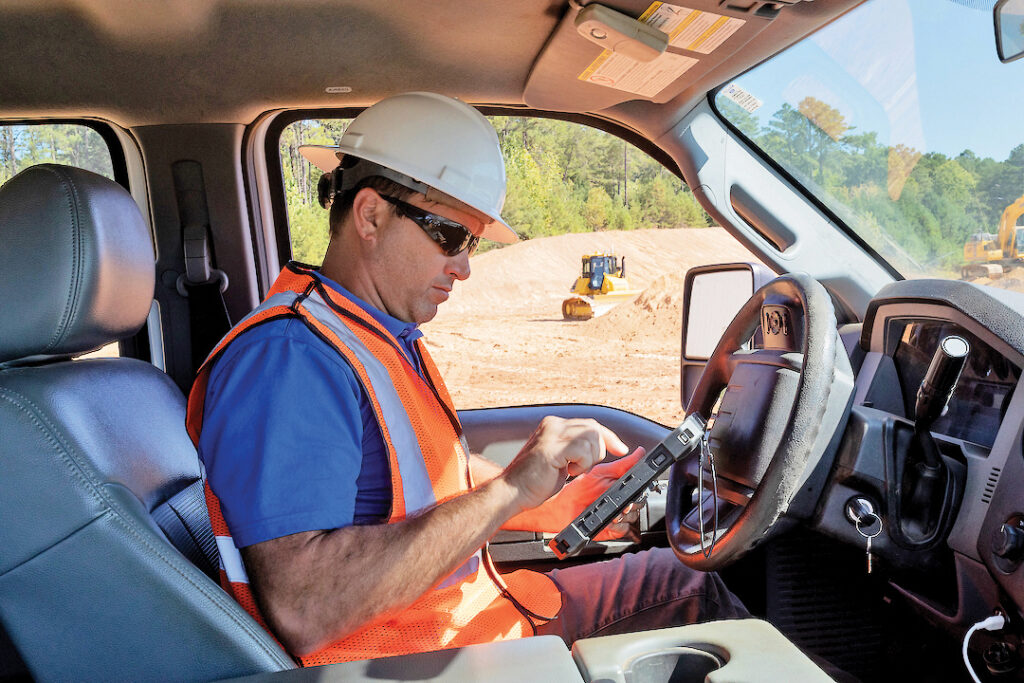
3. Am I leveraging and maximizing technology?
From initial GPS grading systems to software that replaces traditional pen-and-paper estimating, construction technology has grown considerably. That technology is allowing companies to track every phase of a project digitally and share that information with all relevant parties — owners, contractors, etc. Job site management software and apps are abundant and save time and paper costs.
In addition to using the information to adjust practices on current jobs, it can be used for more competitive and accurate bidding and project management on future projects. You can also use data from the machines themselves. Nearly all new Komatsu machines have telematics that deliver production-related information, such as hours moving earth versus idle time, modes used and more. This data can be used to track job site practices and ensure operators are using the machines and matching them to the materials and applications necessary to help maximize efficiency and productivity.
Telematics let project and fleet managers see the information remotely in near real time, so they can make faster decisions if changes are needed. There are also applications available through desktop and laptop computers, as well as by smartphones and tablets, that let you make plan changes and see what operators see remotely, saving you time and the expense of driving to the job site.
Today’s machines are more technologically advanced, too. Remember those early days of GPS grading when you needed bolt-on components that got damaged and had to be taken down and put up every day? They are still around, but might not be for long. New equipment now has that technology built in.
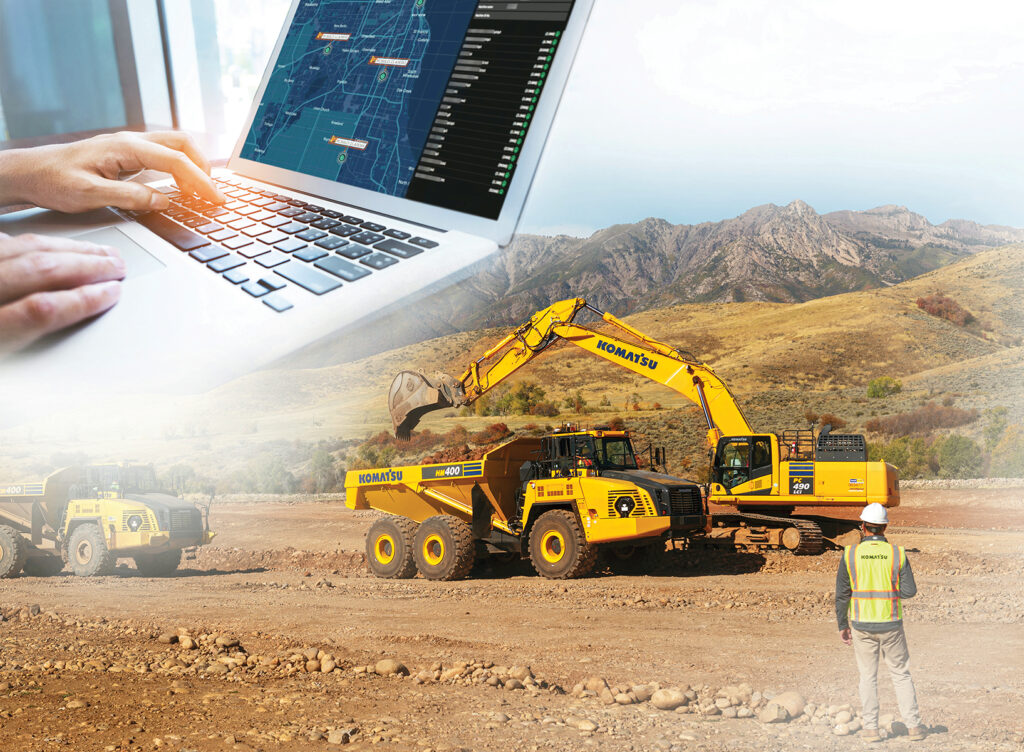
4. What am I learning from the project?
There is an adage, “If you are not growing, you’re dying.” In business, that does not have to mean adding employees or equipment, or taking on larger jobs. Growth can come from learning more productive and efficient ways to complete jobs.
With technology, you don’t have to physically be on the job site to track production or rely on timecards and anecdotal information to see if your schedule and budget line up. Learning to use technology and apply data to job site practices more quickly is a great way to “grow.”
5. What do I do with my profits?
There are many ways to use the money you make from projects. Some suggestions include using the profits to grow your business, paying down or refinancing debt, investing in your staff, or saving for a rainy day. It’s always a great idea to talk to your financial adviser to determine what’s best for you and your business.
“ … you don’t have to make all-or-nothing decisions about what to do with your cash once your company reaches the black,” according to the article “5 Things to Do With Your Small Business Profits.” “You may choose to leave some cash in the company to increase its value, pay a dividend or give your employees raises. You could buy a new piece of equipment and increase your own salary. It’s up to you and your goals for running your business. Being in the black just means you have a lot more choices and opportunities.”

